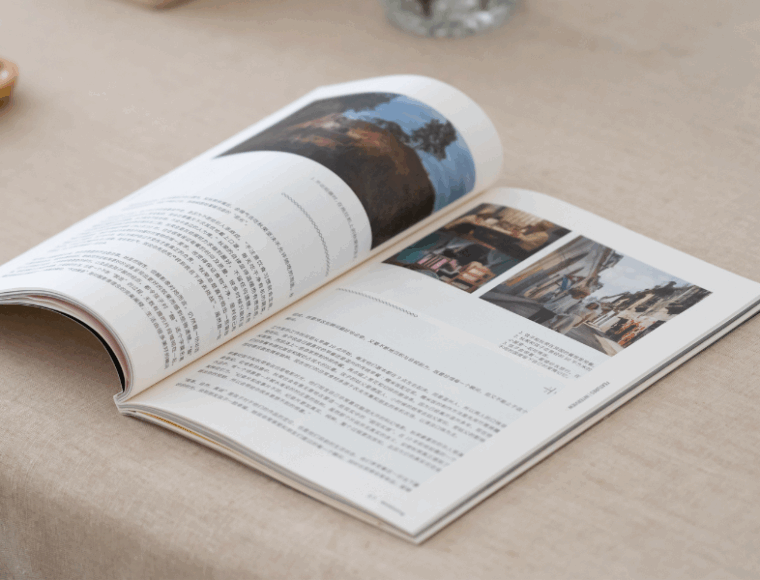


Browse Our Newsletter
Healing Systems, Not Just People: Healing Health Inequalities
Read more

After co-hosting last year’s SIG Annual Recognition Awards, I stumbled across a photograph of Linton Kwesi Johnson. It stirred something in me – memories of my own lectern moment, and I knew instantly he would be my subject of conversation in this year’s Black History Month Blog.
Linton Kwesi Johnson is more than a poet. He’s a Jamaican-British dub poet, activist, and musician whose rhythmic, politically charged verse has long articulated the Black British experience. Widely regarded as the “Father of Dub Poetry,” Johnson pioneered a style that fuses spoken-word poetry in Jamaican Patois with the pulsating rhythms of Reggae Music.
A Mysterious Presence in My Youth
During my early teens, Johnson was a mysterious figure, revered by creative peers on platforms like Channel 4 and BBC 2, yet rarely seen or heard directly. His work was referenced often, but his voice felt elusive. This year marks my first deep dive into his creative life, and I’m excited to share some inspiring facts about one of the most decorated Afro-Caribbean icons to reside in the UK.
Roots and Resistance
Born in Chapleton, Clarendon parish, Jamaica, Johnson’s middle name, “Kwesi”, is Ghanaian, traditionally given to boys born on a Sunday. In 1963, he moved to Brixton, London, where he joined his mother, part of the Windrush Generation, and later studied sociology at Goldsmith’s College, graduating in 1973.
In a 2018 interview, Johnson reflected on his poetic beginnings:
“I began to write verse, not only because I liked it, but because it was a way of expressing the anger, the passion of the youth of my generation in terms of our struggle against racial oppression. Poetry was a cultural weapon in the Black Liberation struggle.” His early career included a ground-breaking role as the first paid Library Resources and Education Officer at the Keskidee Centre, a hub for Black arts and culture in London.
Poetry as Protest
Johnson’s poetry is unapologetically Political. He chronicled the African Caribbean experience in Britain, tackling issues like police brutality, systemic racism, and social injustice. “Writing was a Political act and poetry was a cultural weapon…”, he told an interviewer in 2008. He also wrote about British foreign policy and the death of Anti-Racism Activist Blair Peach.
His poem “Reggae fi Dada,” written after his father died in 1982, blamed social conditions for the loss. Many of his most celebrated works emerged during Margaret Thatcher’s government, offering graphic accounts of the era’s racial tension.
A Legacy of Recognition
Johnson’s accolades span decades and continents:
The PEN award judges described Johnson as:
“A Living Legend….a poet, reggae icon, academic and campaigner, whose impact on the cultural landscape over the last half century has been colossal and multi-generational.”
At the awards ceremony hosted by the British Library, Johnson named Eritrean poet, songwriter and journalist Amanuel as the “International Writer of Courage” with whom he would share the prize.
Echoes of Today
After reading about Johnson’s extraordinary journey and recognising his tremendous ability to articulate common social aspects of the Post-Windrush experience, I sampled his work. I discovered “Wat About Di Working Class”. The lyrics struck me deeply, demonstrating how socio-political cycles repeat, re-emerge, and adapt.
His words remain relevant today as they were decades ago.
Final Thoughts
Linton Kwesi Johnson’s legacy is a testament to the power of the arts as a form of resistance. His voice, once mysterious to me, is now a beacon. In celebrating him this Black History Month, we honour not just his poetry, but the generations of struggle, resilience, and creativity it represents.
The views and opinions expressed in this blog are those of the authors and do not necessarily reflect the official policy or position of Social Interest Group. Any content our bloggers or authors provide is their opinion and is written to promote discussion and raise awareness of topics.